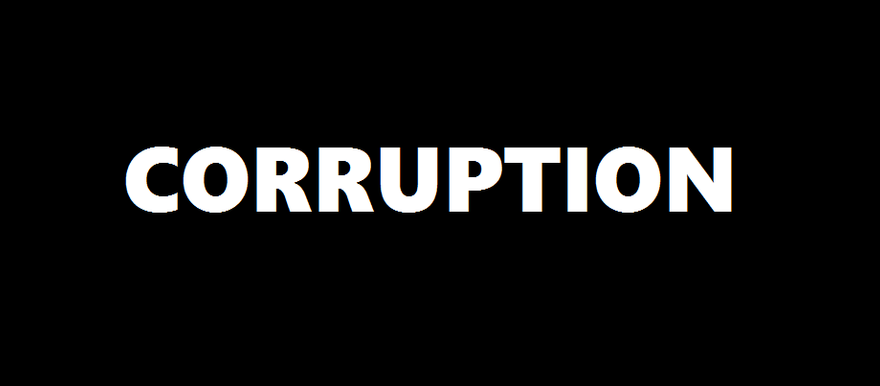A civil society group in South Sudan has called strengthening the Anti-Corruption Commission and Judiciary in order to combat pervasive corruption.
JEPDG, or Joint Engagement for Peace and Democratic Governance, is a consortium representing a group of nine civil society organizations. In a statement on Tuesday, they said that ‘zero tolerance’ for corruption can only be achieved through reinvigoration of the country’s oversight institutions.
The civil society group noted that corruption is one of the factors that have added to the suffering of South Sudanese citizens. They called for truly independent institutions to combat corruption.
“The consortium shall work in partnership with the government in strengthening institutions that regulate, use and manage public resources,” they said. “Civil society’s input is of paramount importance if we are to resolve the governance crisis that has plagued South Sudan for over one year and set ourselves on the path to peace and prosperity.”
JPEDG said that the consortium stands for a South Sudan based on unity and diversity, rule of law and justice – not tribalism. “It is against this background that the consortium stands against tribalism, and all evils that can lead us into abyss,” the statement says.
Anti-Corruption Commission functioning?
The Anti-Corruption Commission last month declined to confirm whether it is even active and functioning and whether it is annually collecting asset and income declarations as required by law.
Reached by phone, Deputy Chairman for Anti Corruption Johnny Saverio Ayiik said he was too busy to talk about these issues. He declined to keep a scheduled appointment for an interview the next day.
South Sudan’s Anti-Corruption Commission Act says that officials should declare their income annually: “All declarations shall include the income, assets and liabilities of their spouses and children.” In a separate interview, Presidential Press Secretary Ateny Wek admitted that President Kiir has not disclosed his assets and income to the Commission in the last three years.
Monitoring absent MPs
Separately, the civil society group Community Empowerment for Progress Organization (CEPO) has introduced an initiative to encourage Central Equatoria State lawmakers to spend their three-month parliamentary recess in their home constituencies, instead of traveling abroad.
Voice of America reported that his organization is teaming up with other local groups to monitor whether state lawmakers engage with their constituencies between July or September or spend the time elsewhere.
Related:
Sudd Institute says corruption commission should have prosecution powers (24 January)




